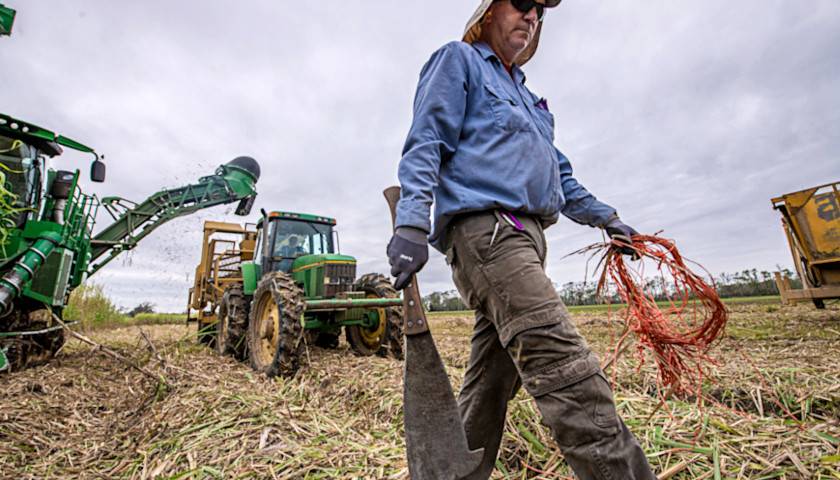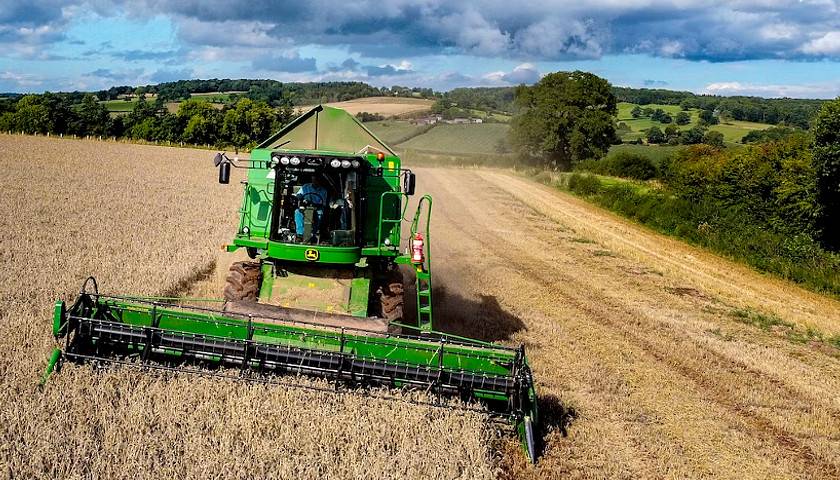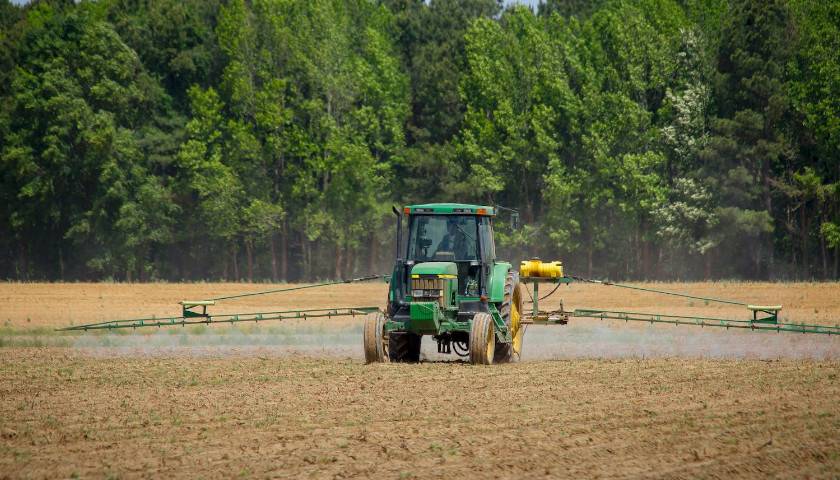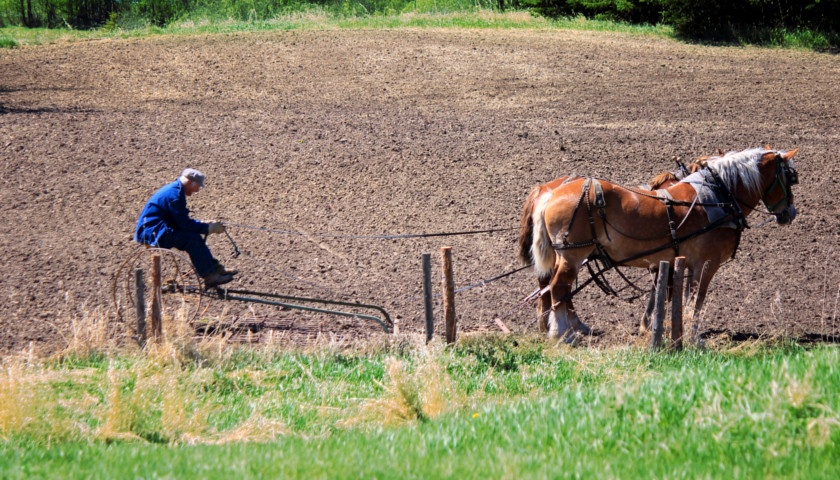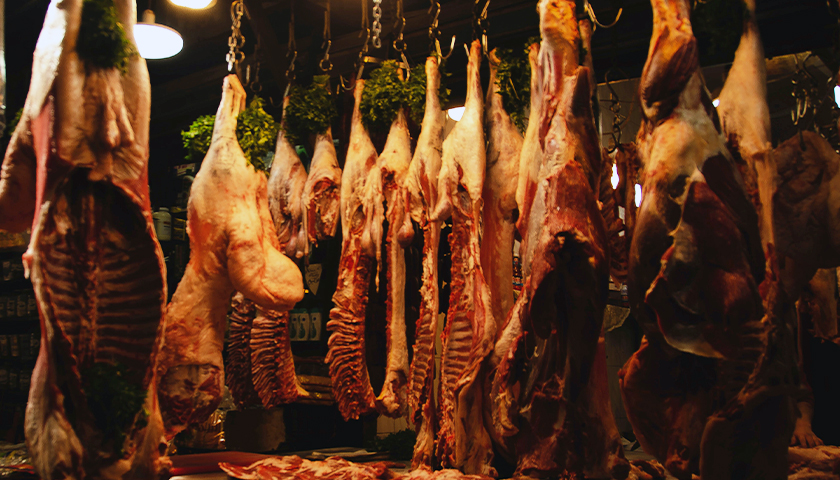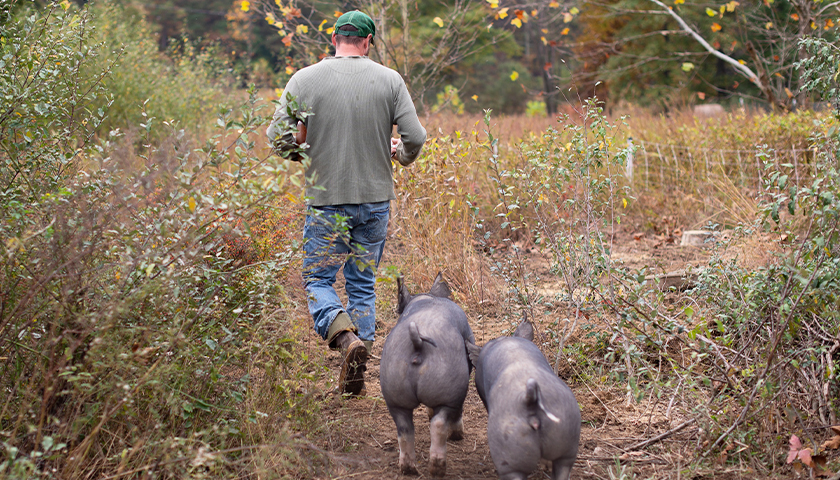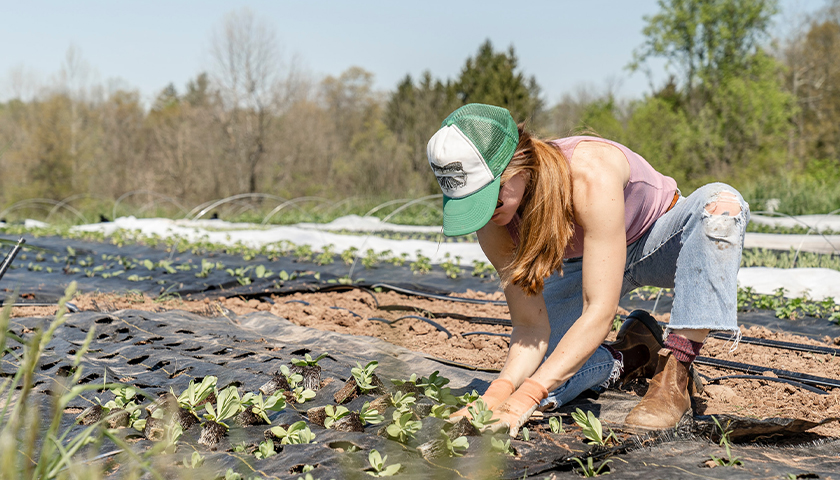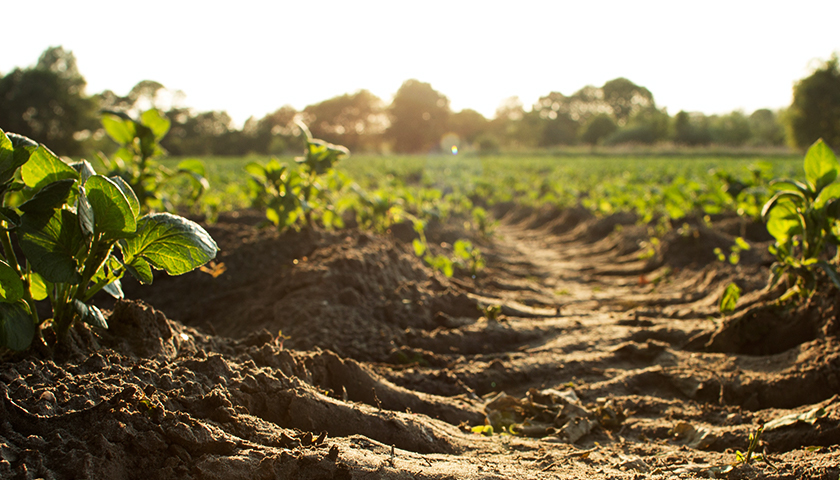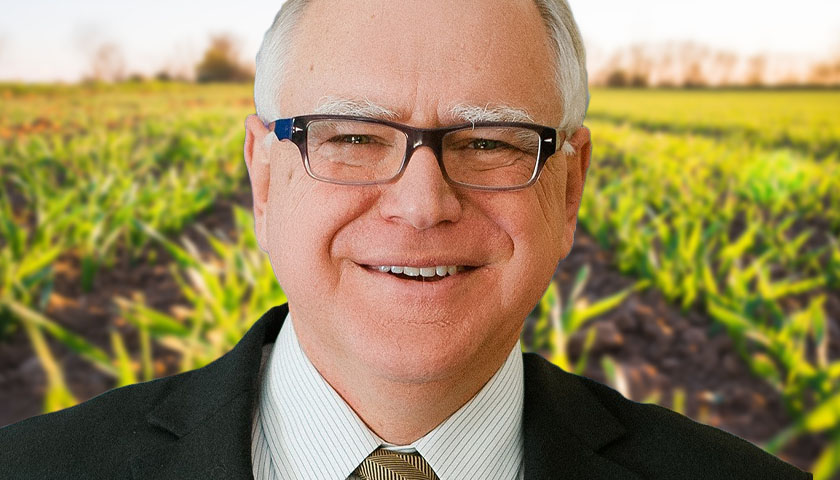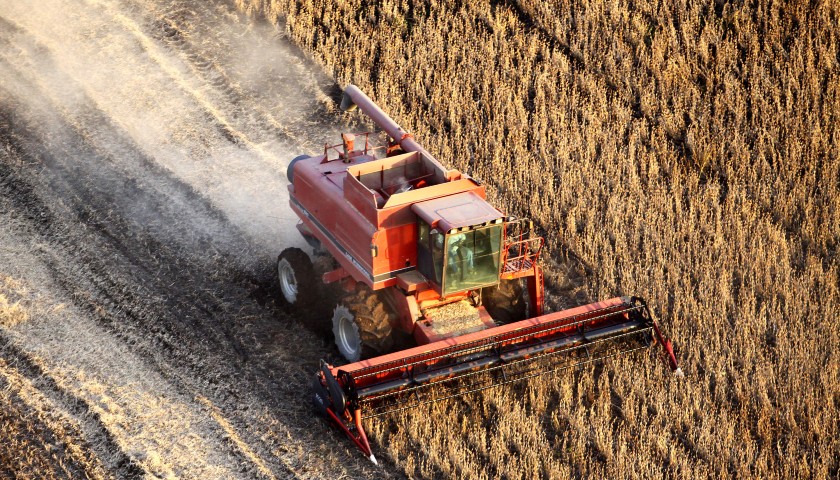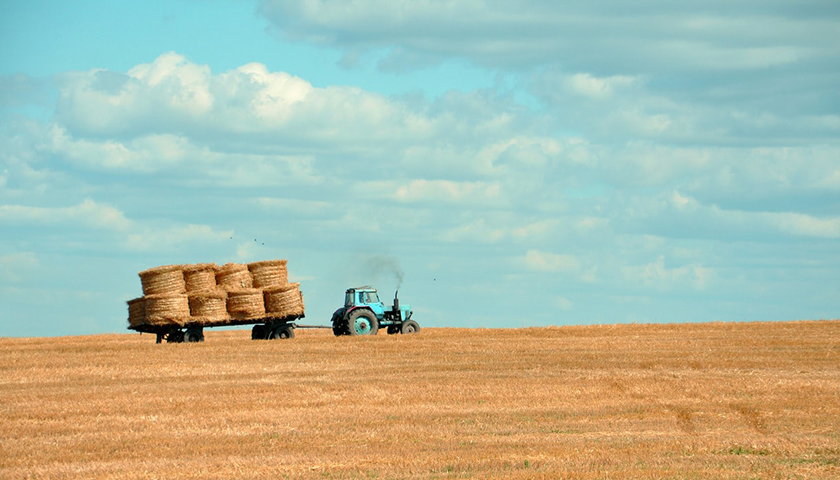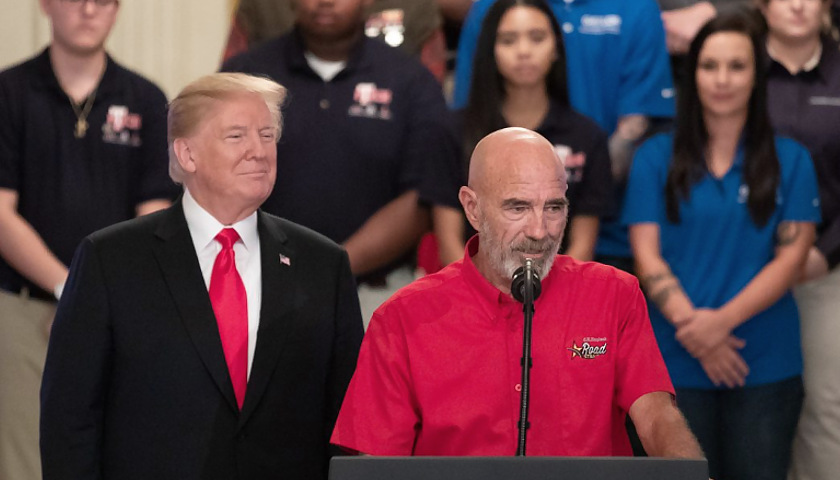Due to a severe statewide drought, Gov. Tim Walz sent a letter to U.S. Department of Agriculture (USDA) Secretary Tom Vilsack, requesting assistance to aid Minnesota’s livestock producers by relieving the immediate impacts of drought on grazing land.
“Agriculture is the past, present, and future of Minnesota’s economy. We must do everything we can to address the challenges our farmers and ranchers are facing due to the severe drought conditions plaguing our state. That’s why I’m asking the U.S. Department of Agriculture for assistance,” Walz said in a statement. “The USDA’s ongoing support of Minnesota’s agricultural industry is well-recognized across the state, and with their continued assistance, our livestock producers will have a brighter outlook as we endure these harsh conditions and look forward to a thriving future.”
Walz supported implementing a plan to allow emergency haying and grazing on eligible Conservation Reserve Program (CRP) land counties experiencing Level D2 or greater drought conditions, reducing forage pressures on Minnesota’s livestock producers. The latest U.S. Drought Monitor update on July 8 reported nearly 40% of Minnesota is suffering under Level D2 or greater drought conditions.
Read More

